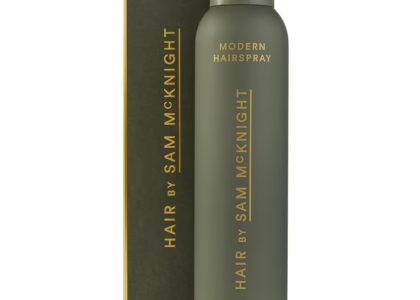The beauty world is buzzing after Sephora reviews Huda Beauty ties in response to controversial remarks made by the brand’s founder, Huda Kattan. Known for its trend-setting products and massive global fanbase, Huda Beauty has long been a staple on Sephora’s shelves. But following Kattan’s recent comments about Israel, the cosmetics giant is reportedly reassessing its partnership. The move has ignited passionate debates among customers, influencers, and industry experts. From ethical consumerism to brand loyalty, this unfolding drama raises important questions about where beauty ends and politics begin — and how much a founder’s words can shape a brand’s future.
When Sephora Reviews Huda Beauty Ties — Why It Matters
Sephora, a powerhouse in global beauty retail, rarely makes waves unless it’s launching a new trend or exclusive collaboration. However, the decision to review its relationship with Huda Beauty has put the brand at the center of an international conversation.
Huda Beauty, launched in 2013 by makeup mogul Huda Kattan, became a best-seller almost overnight. From liquid lipsticks to eyeshadow palettes, the brand’s products consistently fly off shelves. But now, instead of discussing the latest shade launch, beauty lovers are questioning the brand’s future at Sephora.
What Sparked Sephora’s Review?
The controversy began when Huda Kattan made public statements criticizing Israel, comments that quickly went viral across social media. While some applauded her for speaking out, others accused her of bringing divisive politics into the beauty space.
Sephora, which operates in numerous markets with diverse customer bases, responded by announcing an internal review of its ties with Huda Beauty. Although no official decision has been made yet, the announcement alone has impacted brand perception, sales chatter, and online sentiment.
The Power and Risk of a Founder’s Voice
In today’s digital age, founders are often inseparable from their brands. A single post can shift market dynamics overnight. For Huda Beauty, Huda Kattan’s personal opinions have now blurred with corporate image.
Why this matters:
- Brand image risk: Sephora’s association with Huda Beauty could affect its relationship with certain markets.
- Consumer choice: Customers increasingly demand brands align with their values.
- Market competition: Rival beauty brands may benefit if Huda Beauty loses Sephora placement.
How Sephora’s Review Could Impact the Beauty Industry
This situation isn’t just about Huda Beauty ties — it’s about how political statements influence brand partnerships across the beauty market.
Shifting Retail Strategies
If Sephora chooses to distance itself from Huda Beauty, it could set a precedent for other beauty retailers. It might encourage companies to vet founder statements more closely or create stricter brand partnership policies.
Consumer Backlash & Loyalty Wars
The decision will inevitably divide consumers. While some may boycott Sephora for potentially cutting ties, others may applaud it for taking a stand. This polarization could shape future marketing strategies in the beauty sector.
Internal & External Factors in the Decision
According to Wearable Beauty Market, the beauty industry thrives on emotional connections with customers. Any disruption to that bond can have lasting consequences.
Externally, Sephora also has to consider international politics, regional sensitivities, and corporate responsibility. Publications like The Guardian have covered similar brand crises, showing that public opinion often plays a bigger role than corporate press statements.
Customer Reactions — Social Media Speaks
The hashtags #BoycottHudaBeauty and #SupportHudaKattan began trending within hours. Beauty influencers have released opinion videos, with some urging Sephora to cut ties and others defending the brand’s right to free speech.
What Happens Next?
While Sephora’s review is ongoing, this story highlights a larger truth: in 2025, beauty brands aren’t just selling products — they’re selling values. Whether Sephora maintains or ends Huda Beauty ties, the decision will ripple through the industry and shape how brands approach public statements moving forward.
Final Thoughts
The Sephora-Huda Beauty ties debate is about more than lipsticks and palettes — it’s about the evolving relationship between commerce, ethics, and personal expression. In a time when consumers expect transparency and alignment with their values, brands and founders alike must tread carefully.
Whether you support Huda Kattan’s views or not, this unfolding situation serves as a reminder: beauty is powerful, but reputation is priceless.
The Guardian — coverage of brand controversies in retail











